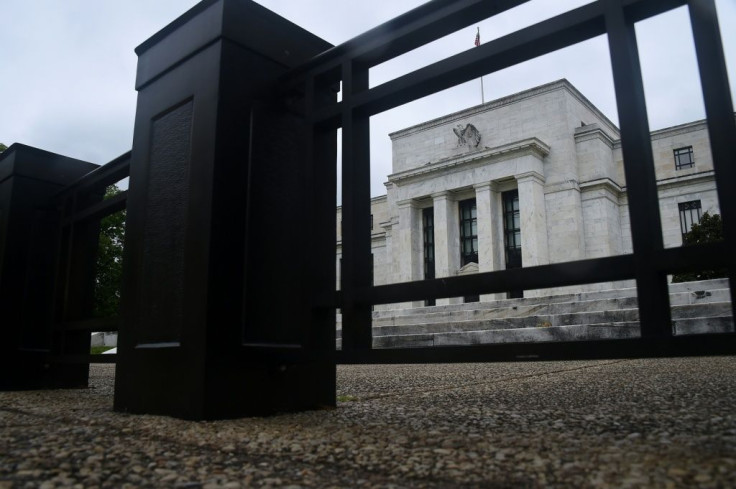Will You Get A Stimulus Check? A Look At The Latest US Budget Proposal
KEY POINTS
- Reports on the latest budget draft indicate that it includes direct stimulus checks
- Direct COVID-19 relief had been a sticking point for progressives and populists
- Both COVID-19 lawsuit protections for businesses and funding aide to state and local governments have been dropped
A proposal Wednesday for a new round of COVID-19 relief checks has made its way into the latest draft of a $900 billion relief package. Direct funding was absent from previous proposals but has been included after pressure from both the public and a small bipartisan group of legislators.
Lawmakers must pass a new spending bill before midnight Friday to avoid a government shutdown.
Stimulus checks would come at the expense of funding for state and local governments as well as provisions protecting businesses from COVID-19 lawsuits. Previous proposals had included those provisions but neglected stimulus checks and failed to pass due to a contingent of lawmakers who opposed any deal that didn't include direct relief.

One notable pairing for stimulus checks has been Sens. Bernie Sanders, I-Vt., and Josh Hawley, R-Mo., who both threatened to kill the 7-day extension passed last week but eventually let it through while promising they would be less lenient with the final budget if it didn’t include direct relief.
"We must make certain that every working family in this country receives a $1,200 direct payment, plus $500 for their kids," Sanders said Thursday.
Qualifications for a $1,200 check are likely to remain as they were in March, when checks were distributed through the CARES Act. The requirements are a Social Security number, not being claimed as a dependent on someone else's tax return, and not having a household income that exceeds $75,000 for a single person, $112,500 for the head of a household, and $150,000 for a married couple.
Roughly 12 million Americans are in jeopardy of losing unemployment benefits right after Christmas if the government shuts down.
While the new $900 billion draft prompted cautious optimism from both Democrats and Republicans, it’s future is far from certain.
The tight timeline on Friday means scheduling the vote will require unanimous consent. The deadline allows for some lawmakers to pressure leaders for certain requirements or kill the bill outright if they don’t like it.
The House is expected to vote on Thursday and the Senate on Friday.
© Copyright IBTimes 2025. All rights reserved.



















